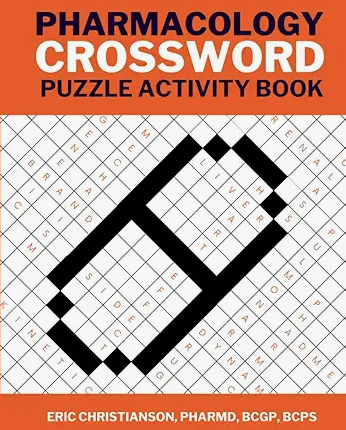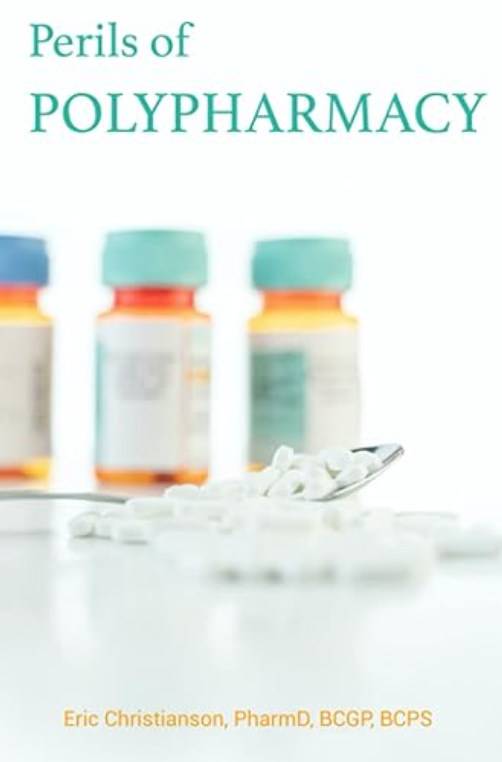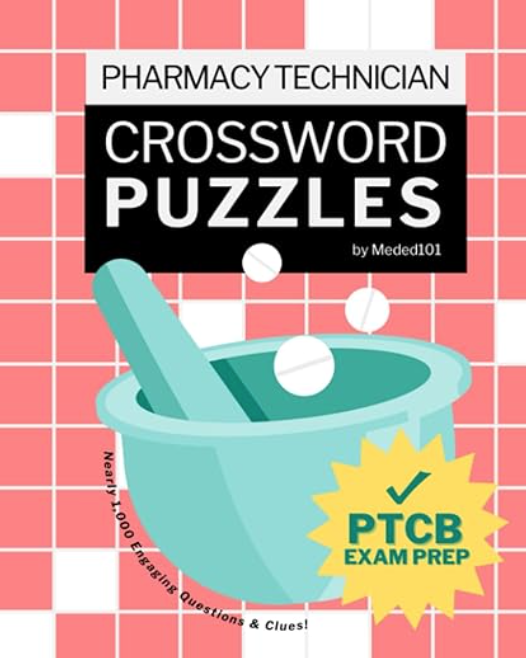ES is a 74-year-old female with mild dementia managed with donepezil 10 mg nightly. She had been experiencing severe nighttime restlessness and an irresistible urge to move her legs, leading to frequent awakenings and fatigue during the day. Her provider diagnosed restless legs syndrome (RLS) and started pramipexole (podcast episode) 0.125 mg nightly, later titrated to 0.5 mg for persistent symptoms.
Over the following months, her husband noticed significant behavioral changes. ES became unusually flirtatious, made sexual comments to staff at her assisted living facility, and began exhibiting impulsive behaviors such as excessive fixation on romantic television programs. These behaviors were completely uncharacteristic for her. Understanding that dopamine agonists are associated with obsessive and impulsive type behaviors is something that will likely show up on your pharmacology and board exams throughout your career.
Initially, caregivers suspected worsening dementia, but after reviewing her medication list and timeline, it became apparent that the onset of hypersexuality coincided with the initiation of pramipexole. Recognizing this as a possible dopamine agonist–induced impulse control disorder, her clinician decided to taper off pramipexole and manage her RLS symptoms with gabapentin instead.
Within several weeks, ES’s inappropriate behaviors resolved, and her personality returned to baseline. Her sleep also improved once her medication regimen stabilized.
This case about pramipexole and drug-induced hypersexuality highlights the importance of recognizing new changes as potential adverse effects. Interestingly, there have been case reports about donepezil contributing to this issue as well, but the timing and track record of dopamine agonists made the dopamine agonist the more likely conclusion.
- 30 medication mistakes PDF
- 18+ Page Drug Interaction PDF
- 10 Commandments of Polypharmacy Webinar based on my experiences in clinical practice









0 Comments